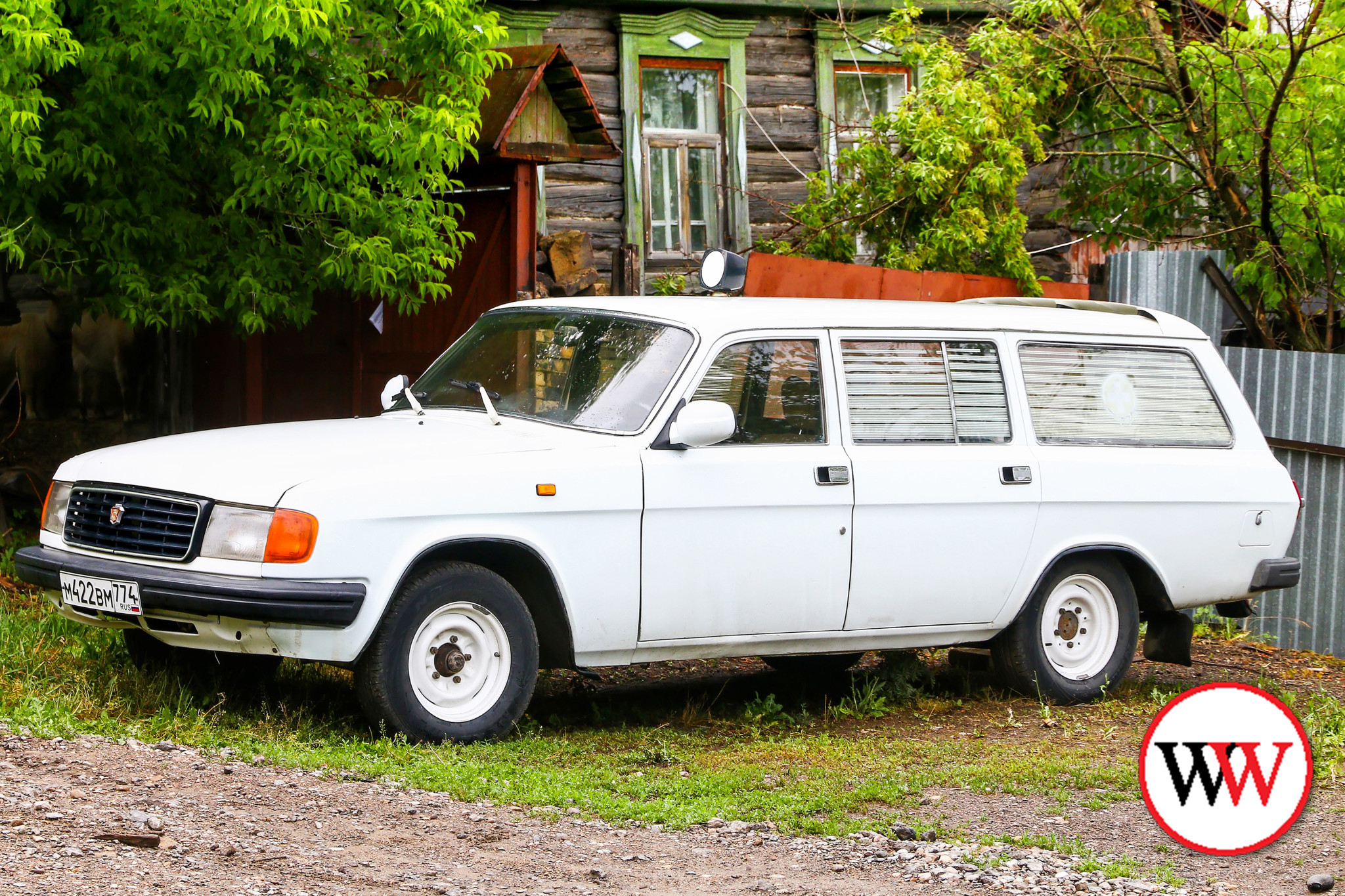General News
21 February, 2025
Some bad habits may ‘kill’ your car
STATISTICALLY many cars reach the end of their life cycle without being involved in a crash.

Often, they are driven into the ground and scrapped when the cost of repairs outweigh their value.
However, this cycle of destruction and waste can be delayed or possibly even stopped altogether by taking some small, basic steps to keep your car in good condition (for longer).
And times are tough.
Fuel prices are high and, for many people, the general cost of living is becoming increasingly concerning.
Buying a car is a big investment and, for most of us, it is something that we want to keep running for as long as possible.
But sometimes our bad habits can be our car’s worst enemy.
Use the park brake. Even if parked on a level surface, there’s no reason not to use the park brake.
By not engaging this brake you are placing the entire weight of your vehicle on a small piece of metal in the transmission called the parking pawl.
Because it’s only about the size of your finger, this can eventually wear out and break.
Keeping your fuel tank low may also lead to damage.
Sometimes putting a small amount of fuel in just to get from A to B may be the best we can afford at the time, but putting a little extra in may help prevent damage to your car’s fuel system.
Many fuel pumps keep cool by staying submerged in the fuel in the tank so if you’re regularly running at a quarter full or less you may risk speeding up the need to replace your fuel pump.
Sudden change in direction, for instance shifting quickly from reverse to drive, can (over time) lead to drivetrain damage.
Instead, make sure your vehicle comes to a complete stop before switching – this only takes a second but may save you from future engine, transmission or axle damage.
Letting your car sit for a minute or two after it starts is also a good idea.
This will help distribute oil throughout the engine and get the engine block and engine oil up to temperature.
Revving the engine won’t speed up the process. Just wait about 60 seconds before you get on the road and everything will have warmed up for reliable performance.
Every car enthusiast is tempted, at some stage, to give the car ‘full throttle’ – the problem with that is you also may need to work the brakes harder to slow down. Neither is good for your car.
Excess weight in your car can also place more stress on its drivetrain, suspension and brakes – and it will consume more fuel.
Resist the urge to fully load your boot. Keep your car as light as possible and avoid unnecessary loads.
Riding the brakes can cause heat to build up in the brake pads and rotos, causing wear and tear and increasing the risk that they will overheat or warp.
Alternatively, try shifting to a lower gear when going downhill rather than riding the brakes.
When something begins to go wrong with your car, chances are it will tell you.
Pay attention to strange vibrations, squeaks, occasional knocks or unusual symptoms – and warning lights that suddenly appear on the dash.
Pull over and call for help if needed.
